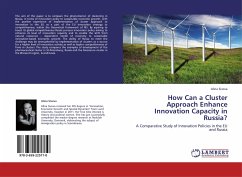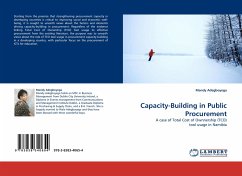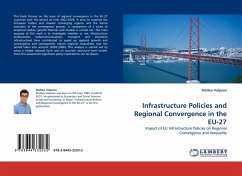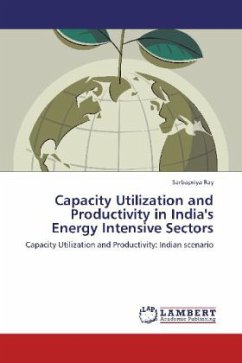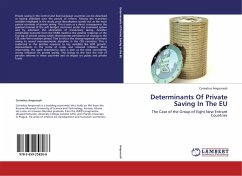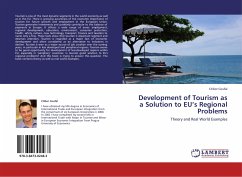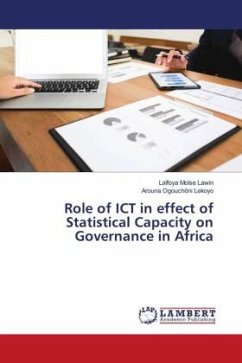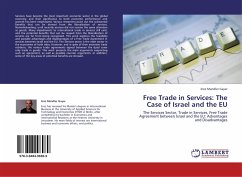The aim of the paper is to compare the phenomenon of clustering in Russia, in terms of innovation policy to sustainable economic growth, with the positive experience of implementation of cluster approach to innovation in the EU as a part of the EU innovation strategy to competitiveness, within the theoretical framework of RIS. By aspiring to boost its global competitiveness Russia pursues innovation policy aiming to enhance its level of innovation capacity and to enable the shift from natural resources dependent model of economy to sustainable innovation-based economic growth. The ability of Russia to meet the challenge may be strengthened by implementation of clusters as a source for a higher level of innovation activity as well as higher competitiveness of firms in clusters. The study compares the examples of development of the pharmaceutical cluster in St-Petersburg, Russia and the bioscience cluster in the Øresund region, Scandinavia.
Bitte wählen Sie Ihr Anliegen aus.
Rechnungen
Retourenschein anfordern
Bestellstatus
Storno

